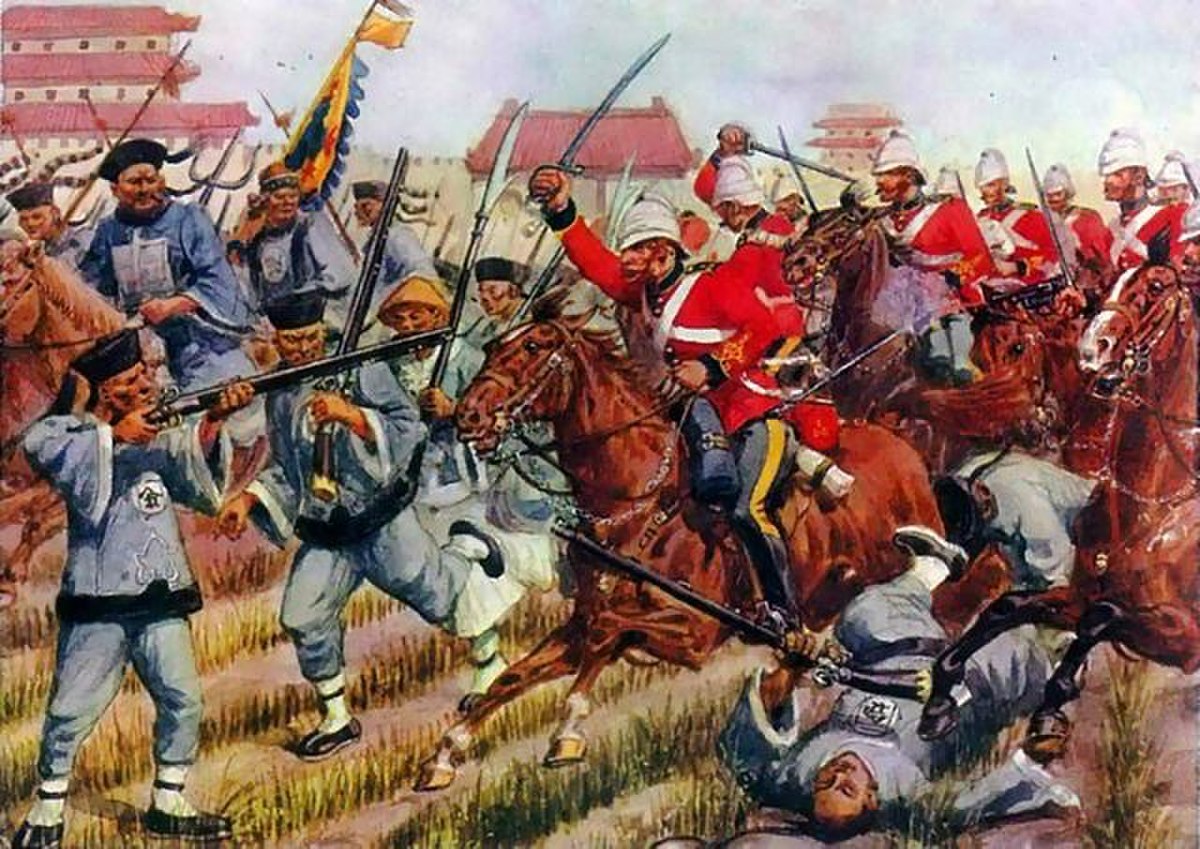
Second Opium War
ChinaThe Second Opium War was a war, lasting from 1856 to 1860, which pitted the British Empire and the French Empire against the Qing dynasty of China. It was the second major conflict in the Opium Wars, which were fought over the right to import opium to China, and resulted in a second defeat for the Qing dynasty. It caused many Chinese officials to believe that conflicts with the Western powers were no longer traditional wars, but part of a looming national crisis.
In 1860, British and French troops landed near Beijing and fought their way into the city. Peace negotiations quickly broke down and the British High Commissioner to China ordered the foreign troops to loot and destroy the Imperial Summer Palace, a complex of palaces and gardens at which Qing Dynasty emperors handled affairs of state.
During and after the Second Opium War, the Qing government was also forced to sign treaties with Russia, such the Treaty of Aigun and the Convention of Peking (Beijing). As a result, China ceded more than 1.5 million square kilometers of territory to Russia in its north-east and north-west. With the conclusion of the war, the Qing government was able to concentrate on countering the Taiping Rebellion and maintaining its rule. Among other things, the Convention of Peking ceded the Kowloon Peninsula to the British as part of Hong Kong.
